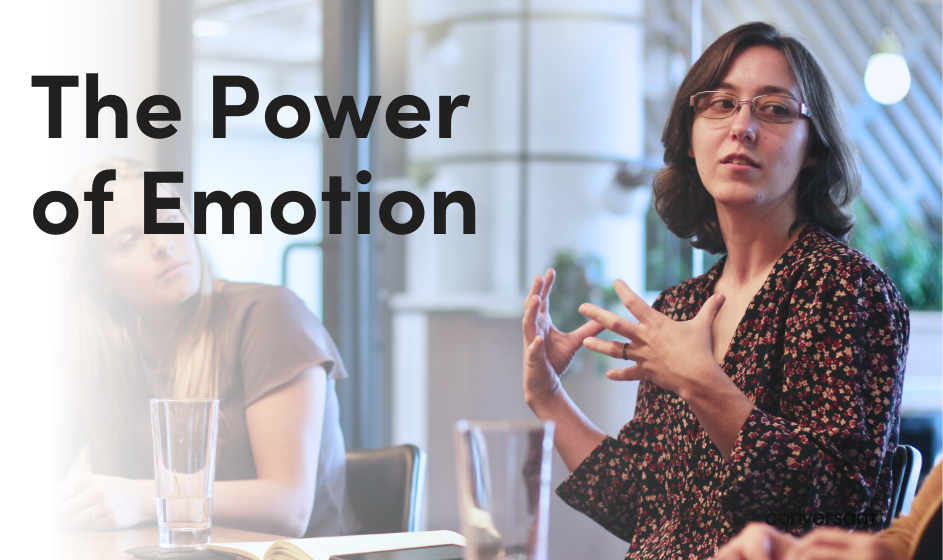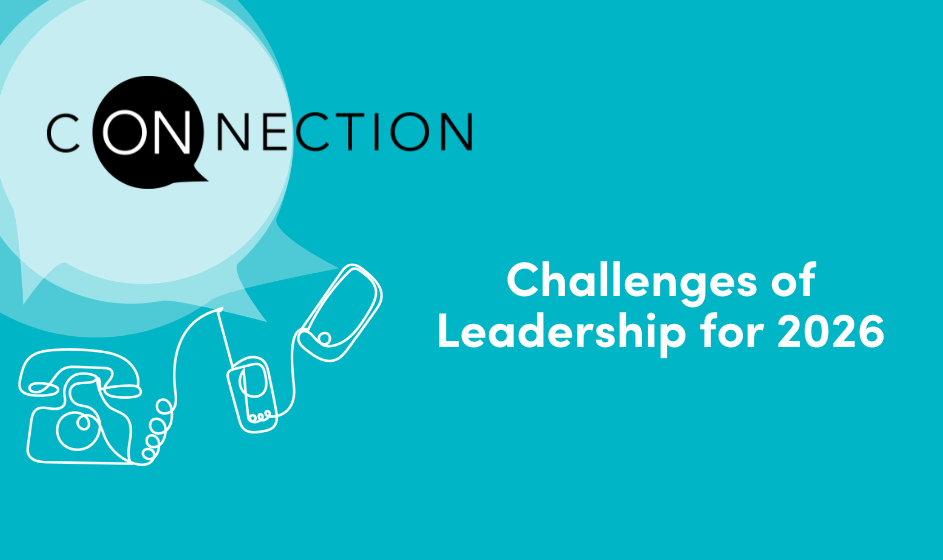I was working with a client recently, a group of about 10 leaders responsible for choosing strategic priorities for their organization, and the were struggling to narrow down their list of priorities. In my mind, having 25 priorities means nothing is a priority, and I said so. They all agreed, but that did not change the fact that despite multiple conversations, questions, and prompts, the list was not getting shorter.
In the landscape of our professional and personal lives, we often encounter the challenge of navigating conflicts that arise from differing perspectives. The core of these conflicts can sometimes be traced to the assumption that others share our commitment to logic and reason and that we are therefore understanding things the same way. However, this assumption can lead to frustration when faced with what appears to be illogical statements, behavior, or decisions.
Humans are fundamentally emotional beings, and our emotions often drive our narratives and decision-making processes. We tend to rationalize our feelings, transforming them into perceived facts within our minds. This realization suggests that what is often considered rational is, in fact, deeply influenced by emotion.
The funny thing about humans is that everyone else is doing the same thing, rationalizing their emotions until their conclusions feel obvious. We call our conclusions facts. This works just fine when those around us have reached the same conclusions, but not so well when our conclusions differ. We then argue our “facts” without acknowledgement of the underlying emotional influence. Most often, we get caught in an endless cycle of talking past one another.
To break free from this cycle, we must adopt a new approach. It’s a complex dilemma; we are conditioned to argue from truth and facts, yet adhering rigidly to this pattern can be counterproductive. How can we maintain a commitment to reason while also recognizing the role of emotion?
Shared understandings exist, but they are not always based on empirical evidence. They are the result of collective human agreement, which has been essential for cooperation and progress throughout history, regardless of their objective accuracy. The power of shared meaning and co-created stories that align intentions and actions is significant. It transcends the simplicity of empirical facts and taps into the complexity of human collaboration.
The key to managing this paradox lies in fostering curiosity, seeking common ground, and asking questions to understand rather than to assert knowledge. It’s about advocating for what we believe in and creating stories and visions that others can engage with and help shape. Initiating dialogue with a vision and then actively listening to others’ perspectives encourages a collaborative narrative for mutual understanding and action.
Conversations often falter due to unrecognized personal contradictions, making it difficult for any dialogue to succeed when participants do not start from a cohesive standpoint. Acknowledging these contradictions is crucial to moving beyond conflict and towards constructive engagement.
In summary, the paradox of reason and emotion in our work and everyday relationships is intricate. It requires a delicate balance of maintaining a commitment to reason while being open to the emotional narratives that influence human behavior. By focusing on shared visions and stories, we can foster a more cohesive and empathetic environment, even amidst disagreement and contradiction.
Explore the ways we can use the Conversation Meter to bridge differences in another blog by Kell Delaney here.
Take a deeper dive into The Conversation Meter here.
A Conversant Podcast Episode featuring Mickey Connolly (Conversant Founder), Robin Anselmi (Conversant CEO), and Conversant Consultant and Podcast Host Emma Rose Connolly explores this topic in even more detail, including stories, illustrative examples, and suggestions on how to create meaningful connections in your world. You can listen to it here.




